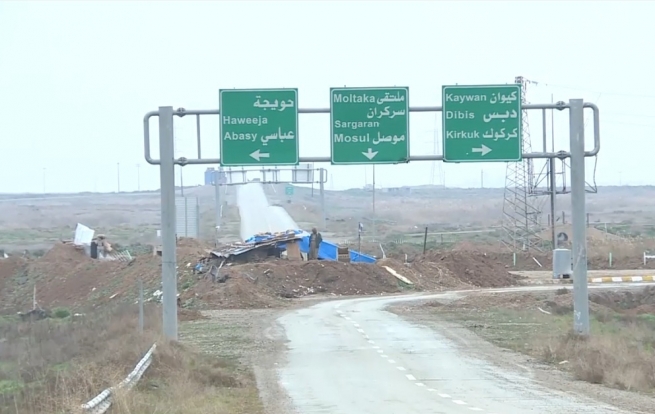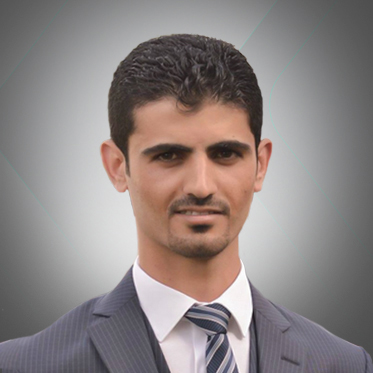Abadi supports Arabization policy in disputed city of Kirkuk: Official

ERBIL, Kurdistan Region (Kurdistan 24) – Iraqi Prime Minister Haider al-Abadi supports Arabization policies against the Kurdish population in Kirkuk and has sent an envoy to meet with Arab tribes, a Kurdish official said on Monday.
Luqman Hussein, the Mayor of the Sargaran sub-district in Kirkuk, told Kurdistan 24 a delegation from the Iraqi Prime Minister’s office had visited Kirkuk to discuss the situation with Arab tribal leaders.
According to Hussein, the delegation was led by a military commander ranked lieutenant general who visited the Kurdish villages in Kirkuk and also met with Arab tribal leaders in the area “to express the full support of Abadi’s government for their demands.”
“Abadi’s representative has informed the Arabs that the villages, currently resided by the Kurds, are theirs and the government supports their ownership claim,” he added.
Hussein revealed that Arabs in the Kurdish-populated area with the support of Iraqi authorities are planning to form a military force affiliated with Iranian-backed Hashd al-Shaabi’s al-Badr Organization.
The Kurdish mayor urged the Kurdistan Regional Government (KRG) to focus on this issue and intervene to stop the Arabization process “otherwise the area of Qaraj and Kandenawa—Kurdish-populated areas between Erbil and Kirkuk provinces—will be empty of Kurds.”
In areas surrounding the Sargaran sub-district of Kirkuk’s Dibis district, Iraqi Federal Police supervised the newly-imposed Arabization process in Kurdish-majority villages with some residents reportedly given a 72-hour deadline to leave their homes.
The former Iraqi Ba’ath regime, under Saddam Hussein’s dictatorship, implemented Arabization campaigns in Kirkuk Province and other Kurdish-populated areas in Nineveh, Salahadin, and Diyala.
The campaign was meant to change the demography of the areas by forcibly displacing the Kurdish residents and replacing them with Arabs from central and southern Iraq.
Arez Abdullah, a Kurdish MP from the Iraqi Parliament, previously stated that Arab families who were brought to the Sargaran region between 1975 to 2003 by the former regime had left the area after receiving compensation but now want to return.
Editing by Karzan Sulaivany
